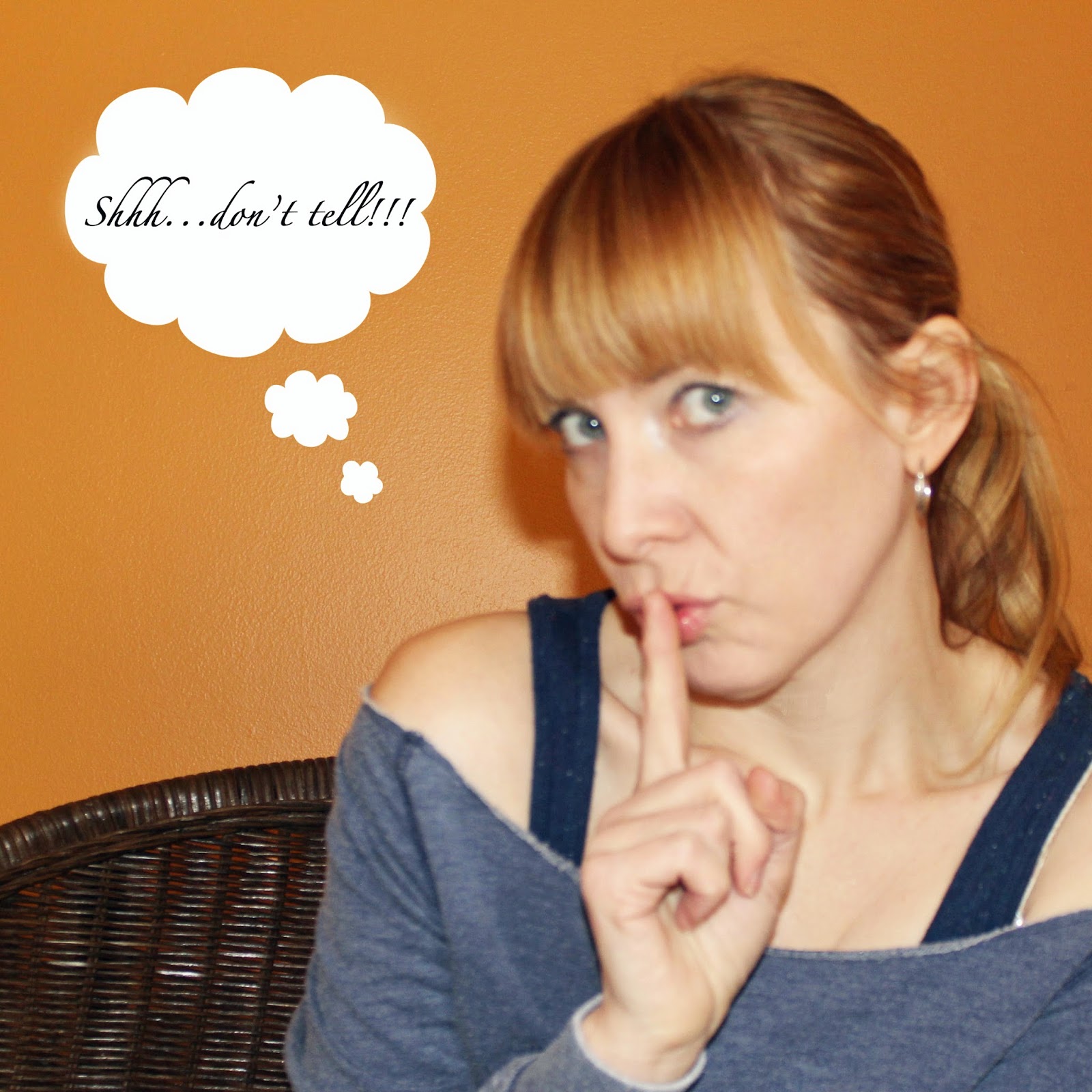Well, I know you're dying to find out the answer to last week's mystery. I left off talking about secondary colors and the colors they create when mixed with a primary color. Do you happen to know the answer? Let's recap and find out!!!
When red and orange mix together it makes red-orange.
When yellow and orange mix together it makes yellow-orange.
When yellow and green mix together it makes yellow-green.
When blue and green mix together it makes blue-green.
When blue and violet mix together it makes blue-violet.
When red and violet mix together it makes red-violet.
Red-orange, yellow-orange, yellow-green, blue-green, blue-violet and red-violet are two sets of triadic colors (there is that triangle again). When the two triangles get together in opposite directions on the wheel they form a six pointed star. Tertiaries are in between primary and secondary colors on the wheel. The word "tertiary" means third in order. Primary colors are first because they can't be mixed. Secondary colors are second because you mix two primary colors together. Tertiary colors are third because they are a mix of a primary and a secondary.
So, you might be wondering if I used three "primary" colors to create all the colors on my cookie color wheel. The answer is...no. I used practically every color made by Americolor to create these twelve colors and not in true form.
We recently learned that true primary colors don't exist. I know, it pretty much goes against everything you were ever taught as a child, but the truth is...times have changed and so have theories.
Wait a minute!!! So, how do we still get secondary and tertiary colors when we mix "primary" colors...if primary colors don't actually exist? This happens because our food colors are imperfect and the "primary" colors we select to mix, both contain the color that we want to achieve. However, there are also times when we mix two "primary" colors and they don't make that vibrant secondary color that we envisioned. It sometimes comes out more brown or grey.
Let's look into this mystery!!!
Ever notice that food color companies sell many versions of the same color (ex: super red, red-red, tulip red, xmas red, holiday red...etc)? You may look at them and think that there isn't much of a difference between each of them. Well...you would be wrong!!! Each red hue leans towards one of the secondary colors that is to the right or left of the "primary" color. The red will either be red-orange or red-violet. This is called..........
Tune in next time to learn more about this color mixing mystery.
Have a wonderful and colorful week:-)












I cannot tell you enough how much I love your blog! I recommend it to anybody having difficulty with color theory, making colored icing/fondant, fixing a color.....anything color related. I've learned SO much from your articles and keep your color charts next to me when I color any type of icing! Thank you so, so much for explaining the principles of color. I've read many articles before but they were directed at artist using paint. Knowing what specific gel color to use to achieve the color I want has saved me a great deal of time and frustration.
ReplyDeleteThank you Donna!!! The fact that you are learning something from my post, means so much to me.
DeleteThank you so much Rebekah for such wonderful color tutorials!!!!! I was given some americolour and love it but so scared of mixing the colours to get the right colour.... your tutorials makes it easy and I love the pictures! Look forward to even more wonderful things from this blog!
ReplyDeleteI think that thanks for the valuabe information and insights you have so provided here.jogos online 2019
ReplyDeleteplay Games friv
school friv
I was very pleased to find this web-site.I wanted to thanks for your time for this wonderful read!! I definitely enjoying every little bit of it and I have you bookmarked to check out new stuff you blog post. Abcya games || Kizi 2 || Abcya
ReplyDelete